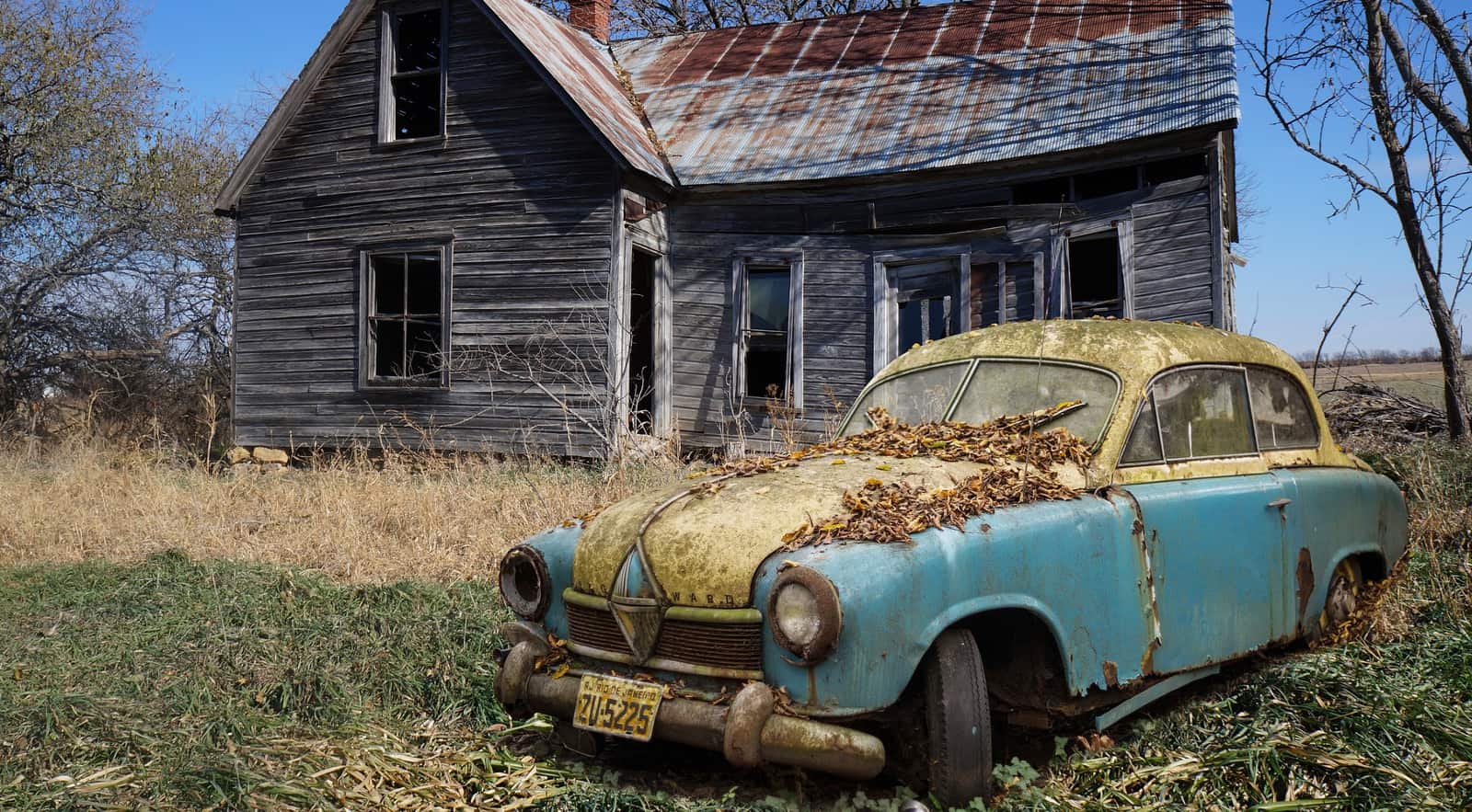GET IN TOUCH
Please contact us for more information. Our email is monitored seven days a week and we will get back to you shortly.

Almost every estate has some assets left after all the gifts have been distributed and estate expenses have been paid – this is called the residue of the estate. In some cases, the residue of the estate is the largest bequest of the will. Will-writers often name a residuary beneficiary to inherit the residue of the estate, whatever the amount may be. A frequent question that beneficiaries, executors and will-writers ask is ‘what exactly is included in an estate’s residue?’. In short, the residue of the estate is anything that is left after all estate debts/expenses/taxes have been paid and all the non-residuary beneficiaries have received their inheritances. It’s recommended that all wills include a residuary clause because there will always be some residue unless the estate is not solvent (not large enough to pay all of its debts).

While it’s impossible for a will-writer to come to an exact number for the value of the estate’s residue, they can make estimations. In general, the larger the estate is, the higher the estate administration expenses will be. Some of the most common expenses that must be paid before the residue of an estate can be distributed are:
Essentially, the residue of an estate is the entire value of the estate minus the above expenses (and any other estate fees).
For example, a man with a total value of $100,000 in his estate wishes to gift his spouse, his two children and his sister in his will. He plans to give gifts of equal value to his children, a small gift to his sister, and the majority of the estate to his spouse. For simplicity, let’s say the estate expenses total $10,000. There are two possible ways the man could attempt to achieve his distribution goals using a residuary beneficiary:
In both cases, one of the beneficiaries is left with a smaller inheritance than the man intended. The residuary clause is typically left for the largest bequest for this reason. In option (2), the spouse still inherits the majority of the estate as the residual beneficiary.
Another option the man could consider if he is determined to ensure everyone receives a just share of the estate, he could name everyone as a residual beneficiary of the will. He could give the spouse 50% of the residue, the children 20% each and the sister 10%. However, this approach is only useful for simple estates of modest value.
As per section 44 of the Wills, Estates and Succession Act, when the will (a) doesn’t dispose of the entirety of the estate and (b) doesn’t name a residual beneficiary, the intestate beneficiaries would receive the residue of the estate. If there are no available intestate beneficiaries, the government would be given the residue. For more information on intestate succession, read our blog on how assets are distributed in intestacy. To prevent this from happening, will-writers should include a residuary clause at the end of their wills.
If you’re a will-writer who is unsure how to handle the residue of your estate, contact an experienced estate lawyer today. We will ensure your will is properly drafted and executed as you’re expecting/intending.
Have a question about this topic or a different legal topic? Contact us for a free consultation. Reach us via phone at 250-888-0002, or via email at info@leaguelaw.com.